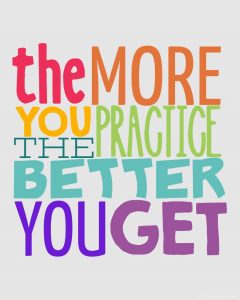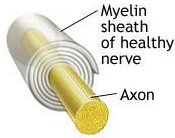‘Talent. You’ve either got it or you haven’t.’
Not true, actually.

This is the statement on the back cover of The Talent Code, by Daniel Coyle. Having just finished his book, I have to agree. I still believe that some are more gifted than other, mostly because genetics, physiology, and because there are real geniuses out there, but this book convinced me that, even for them, talent requires hours and hours of hard work. Or as Daniel Coyle put it, ‘deep practice’.
 Using both the latest researches, interviews and analysis from what appears to be hotbeds of talents in sports, music or education, the author explains that talents are born from the right mix of ‘ignition’ (motivation), ‘deep practice’ (hard work of repetitions and improvements), combined with ‘master coaching’ (the right coach with the right method). Thus summarised, it seems obvious, but there is so much more to it! I was captivated by the in-depth analysis of the ‘ignition’ factors, by the intricacies of a ‘master coach’ blueprints, and especially by the step-by-step examination of what is ‘deep practice’ and its three rules:
Using both the latest researches, interviews and analysis from what appears to be hotbeds of talents in sports, music or education, the author explains that talents are born from the right mix of ‘ignition’ (motivation), ‘deep practice’ (hard work of repetitions and improvements), combined with ‘master coaching’ (the right coach with the right method). Thus summarised, it seems obvious, but there is so much more to it! I was captivated by the in-depth analysis of the ‘ignition’ factors, by the intricacies of a ‘master coach’ blueprints, and especially by the step-by-step examination of what is ‘deep practice’ and its three rules:
1. chunk it up: absorb the whole thing, break it into chunks, slow it down;
2. repeat it;
3. learn to feel it.

However, the most fascinating to me was the discovery of the importance of myelin in the learning process. Myelin is a fatty white substance forming an insulating sheath around many nerve fibres of the brain. Myelin is vital to the normal functioning of the nervous system: by wrapping itself around those nerve fibres, the protective myelin also increases the speed at which electrical communication between neurons – or impulses – are conducted. The more you practice and learn a certain skill, the more layers of myelin will wrap around the neural circuits used in the process, transforming these neurons from a slow country road to a high-speed highway. Practice makes myelin, and myelin makes skill, and with skill comes talent. We have the talent code:

The Talent Code is an excellent book: rich on facts, full of unusual and funny anecdotes, and easy to read, it is packed with valuable insights for a better use of your brain.
Why not check it for yourself and work on your talent(s)?
Thank you for reading,
Yours, Virginie
